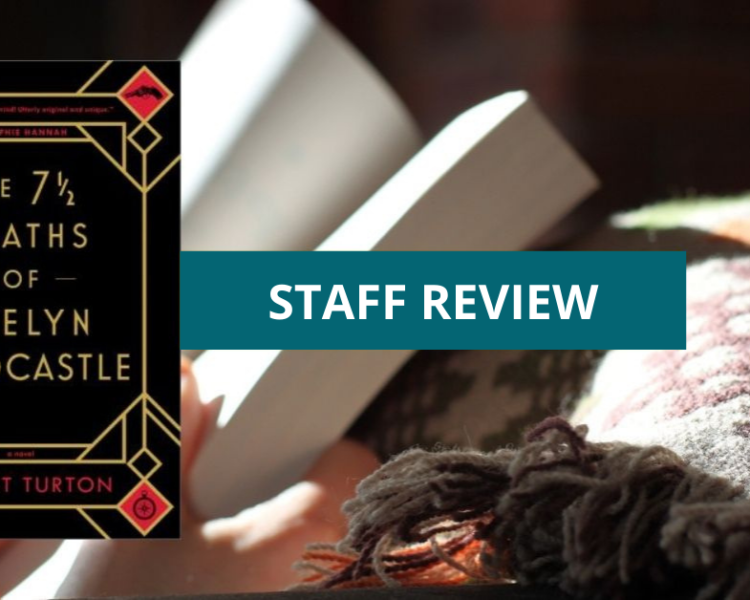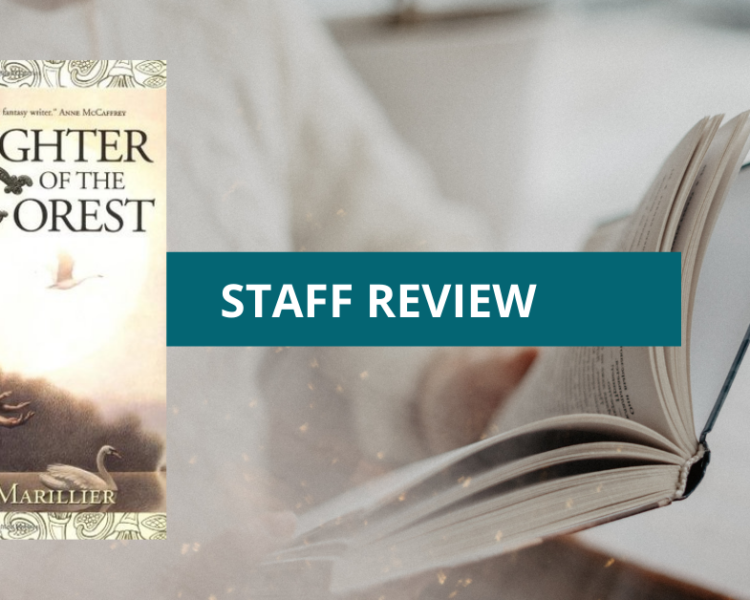
Station Eleven
By Emily St. John Mandel
Adult Fiction
Fifteen years after a pandemic flu wiped out most of civilization, Shakespeare lives on as the most-requested playwright. Twenty-something Kirsten performs Shakespeare as a member of The Traveling Symphony, a performance troupe that tours the small settlements of survivors throughout the US. She is asked often about her last real day before the pandemic hit, when she witnessed the famous Hollywood actor Arthur Leander die of a heart attack on the stage of King Lear.
The story is told in a nonlinear style, with the plot moving between past and present and within the experiences of different characters. These disparate perspectives are tied together by each character’s connection to both Arthur Leander and the graphic novel Station 11, a self-published book written and illustrated by his first wife, Miranda. If there is a main character, it is Kirsten, whose most prized possession is her copy of Station 11. She does not suspect that her stop with The Traveling Symphony in St. Deborah by the Water, home to a violent prophet, may be her last.
Part of our fascination with post-apocalyptic novels is seeing how survivors of a devastated world manage to live without what we now consider everyday necessities. Station Eleven imagines this changed world in precise ways, examining how objects are repurposed, the way survivors attempt to a new normal, and what endures in humanity—both violence and tenderness, despots and friends—despite such enormous upheavals. Readers will start to consider how easily we take for granted the technologies of our current time and how, in doing so, we overlook how miraculous our world is.
The story is both tense—what will happen to Kirsten in St. Deborah by the Water?—and expansive—how might all the narratives work together? “It is possible,” Kirsten realizes, “to survive this, but not unaltered.” The characters and their plight in the altered world of Station Eleven force readers to ask themselves what they have survived and how they have been altered, mirroring The Traveling Symphony’s motto, “because survival is insufficient.” The reading experience causes readers to ask how their own current situation is insufficient survival.
Book Review by Amy, Assistant Librarian, and Holly, Children’s Librarian




